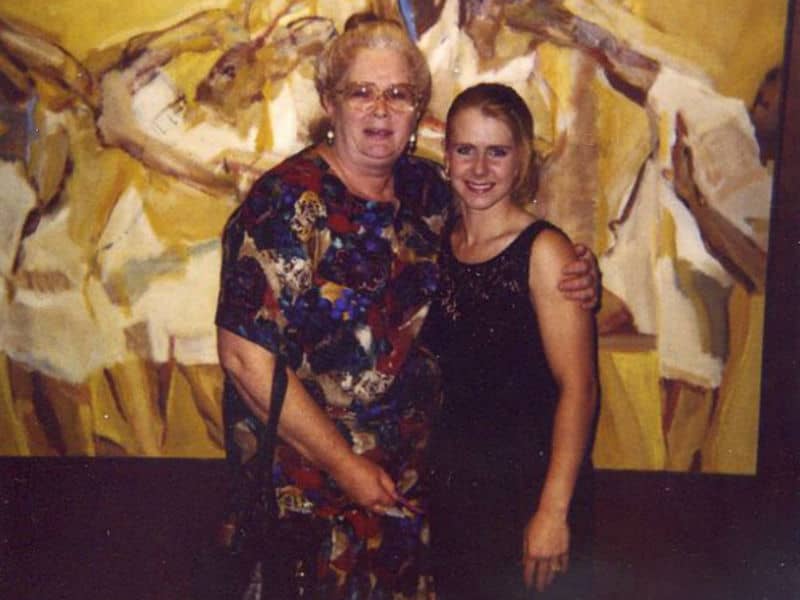
The United Nations estimates that there are more than 65 million people forcibly displaced from their homes—65 million refugees, more than 21 million of which are under age 18. They are a diverse people, the majority having fled from Syria, Afghanistan, or Somalia, seeking refuge from the violent crises going on in those countries. They’ve lost everything—their homes, their sense of community and nationality, and sometimes even their families. They’ve crossed oceans, snuck across national borders in the dead of night, and have starved and been detained and abused.
And some of them, despite this, are competing in the 2016 Rio Olympics.
The Olympic Games are all about national identity. Nations from all over the world chose champions to represent themselves, champions who bear their flag in a display of national pride. This isn’t the rabid nationalism that leads to dominance and war, but a union, a shared competition embodied by the Olympic flame’s path as it changes hands from nation to nation, moving throughout the world on its way to the location of the Games. It is a celebration of unity in diversity, a coming together in competition, and pride in one’s country.
But what of those whose nations have given them up, or who have been forced to flee their homeland—the refugees?
They’ve faced hardship beyond what many of us can imagine, and the loss of home and country is just the beginning of what is often a long path of misery. Many refugees flee the threat of violence and death. Syrian swimmer Yusra Mardini, for example, fled Damascus with a group of thirty other refugees, taking a months-long journey out of the country. They travelled from Beirut to Izmir, and on to Turkey, where they boarded a small boat in route to Greece. The group soon found itself in trouble when the boat’s motor failed, leaving it adrift in the sea. Mardini and her older sister jumped into the water and, for three and a half hours, pushed and dragged the boat to safety.
How’s that for training?
From there, Mardini and her sister traveled through Macedonia, Serbia, Hungary, and Austria before arriving at their destination –Germany. When the sisters were placed in a refugee camp upon their arrival at Berlin, the first thing they asked was where they might find a swimming club. From there, they were introduced to the man who is now their coach, Sven Spannekrebs. Upon learning of the announcement that refugee Olympians were being sought for the 2016 Games, Spannekrebs immediately knew that Yusra was destined for the team. And, indeed, she was chosen.
Yusra’s arrival story is a happy one, but for most refugees, even when the threat of immediate danger is avoided, more insidious dangers creep in—poverty, discrimination, and despair. A 2013 report from the Children’s Society shows shocking levels of destitution and hunger among refugees in the U.K. Often, it seems they’ve traded a violent death for a slow descent into declining physical and psychological health. They can’t find work, face discrimination, and suffer from high levels depression, health issues, and infant mortality. Suffering usually does not end simply because they’ve arrived.
Yet despite these obstacles, a team of 10 refugees—six men and four women—was announced this past June, selected by the International Olympic Committee in response to the current worldwide refugee crisis. There are two judokas from the Democratic Republic of Congo, a marathon runner from Ethiopia, five middle-distance runners from South Sudan, and two swimmers from Syria.
Selected by the I.O.C. from 43 nominated athletes, these competitors represent a nation of un-nationed people. Instead of a national flag and anthem, the Olympic flag and Olympic anthem is played in their honor. Thomas Bach, president of the I.O.C., said of them, “These refugee athletes will show the world that despite the unimaginable tragedies that they have faced, anyone can contribute to society through their talent, skills, and strength of the human spirit.” These people who would normally be unable to participate due to a lack of national affiliation now suddenly find themselves able to qualify for the Olympic Games.
The decision of the I.O.C. to allow the refugees to be represented at the Olympics is an incredibly important one. Those millions of refugees seeking asylum in countries around the world are finding that they are often undervalued, underpaid, and discriminated against. They are blamed for increases in crime, and for filling cities with criminals and “marauders”. The idea that only violent individuals come from war-torn countries is an unfortunately common misconception, resulting in suffering, humiliation, and mistreatment at the hands of authorities. These people, who are often very culturally and religiously different than their host countries, are looked upon with suspicion, and sometimes, malice.
But these men and women cannot be reduced to simple derogatory terms. In allowing the refugees representation at the Olympics, the I.O.C. is allowing these athletes to carry the flag of the disenfranchised and the oppressed. Their inclusion sends a strong message—this group of people is the equal of any nation. They are to be respected. They are to be honored and included. They are us.
And so the 2016 Rio Olympics mean more than simple national honor. At this year’s Games, there is one more flag—that of the human race. The I.O.C. states that the spirit of the Olympics is one of “peace, fair play, and fair contest with the view to creating a peaceful society with less violence and competition.” With this in mind, the inclusion of the refugee Olympians, those athletes of no nation, those lost souls who have no flag but that of their own humanity, makes for the perfect addition to the 2016 Games. As part of a larger social movement, it can only be hoped that humanity will continue along this path.
All of the participating nations would do well to take heed of this. The refugees are here, they are human, and they are us.

